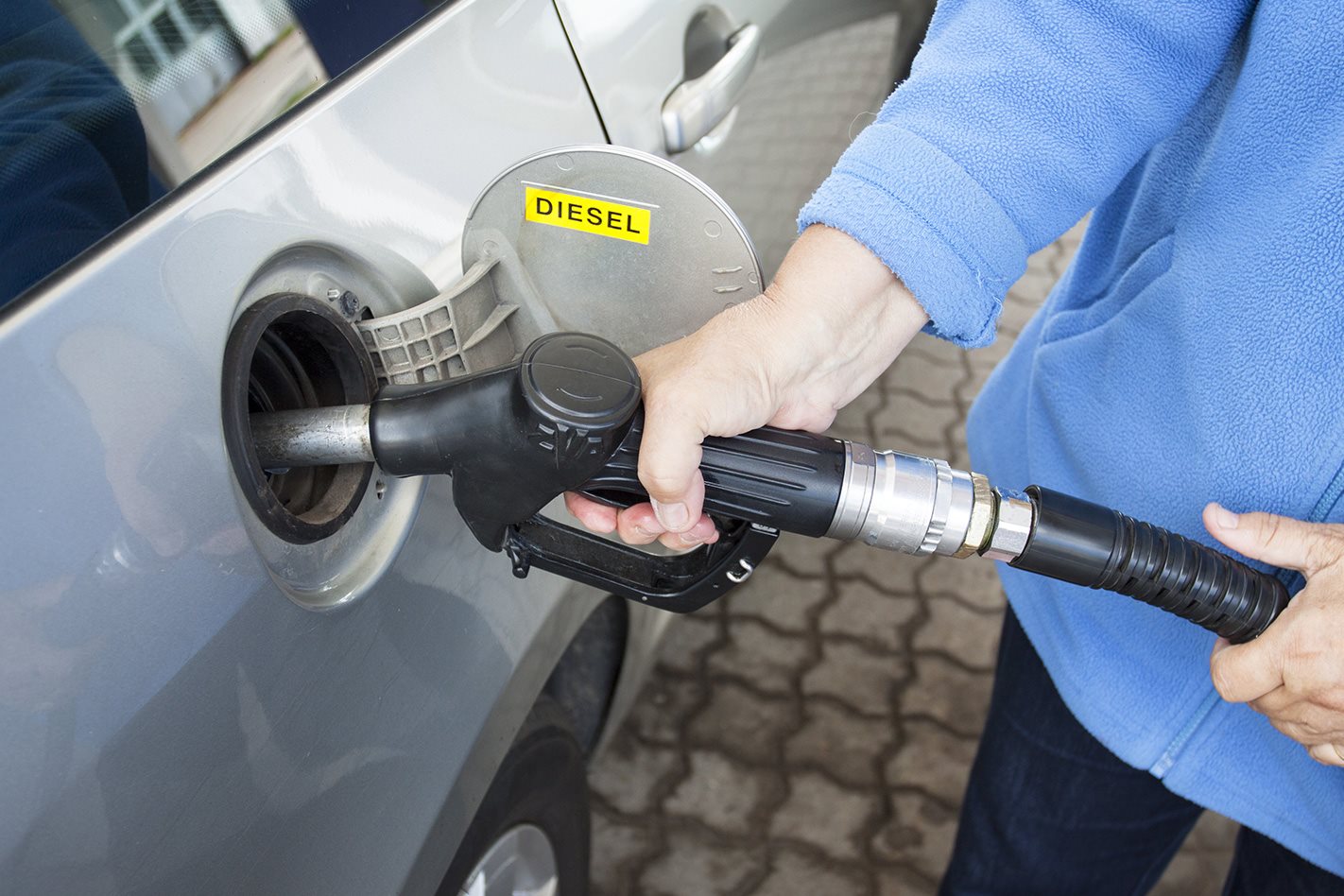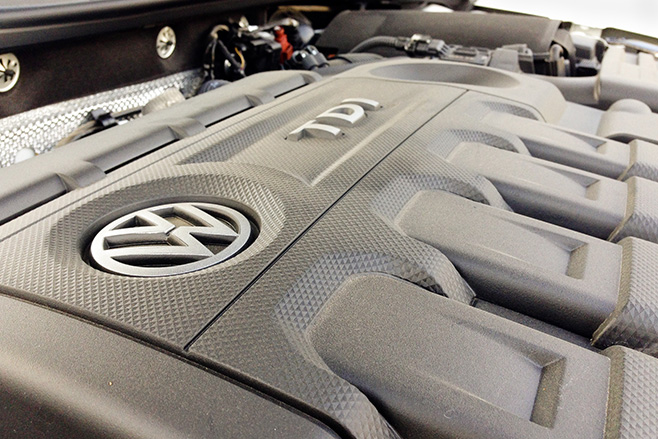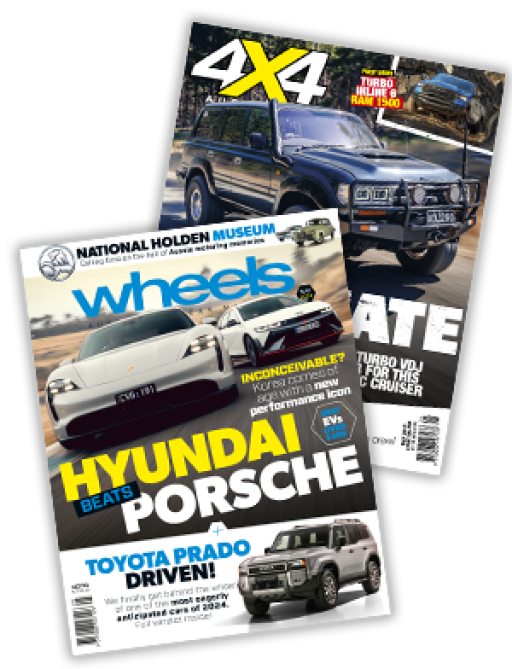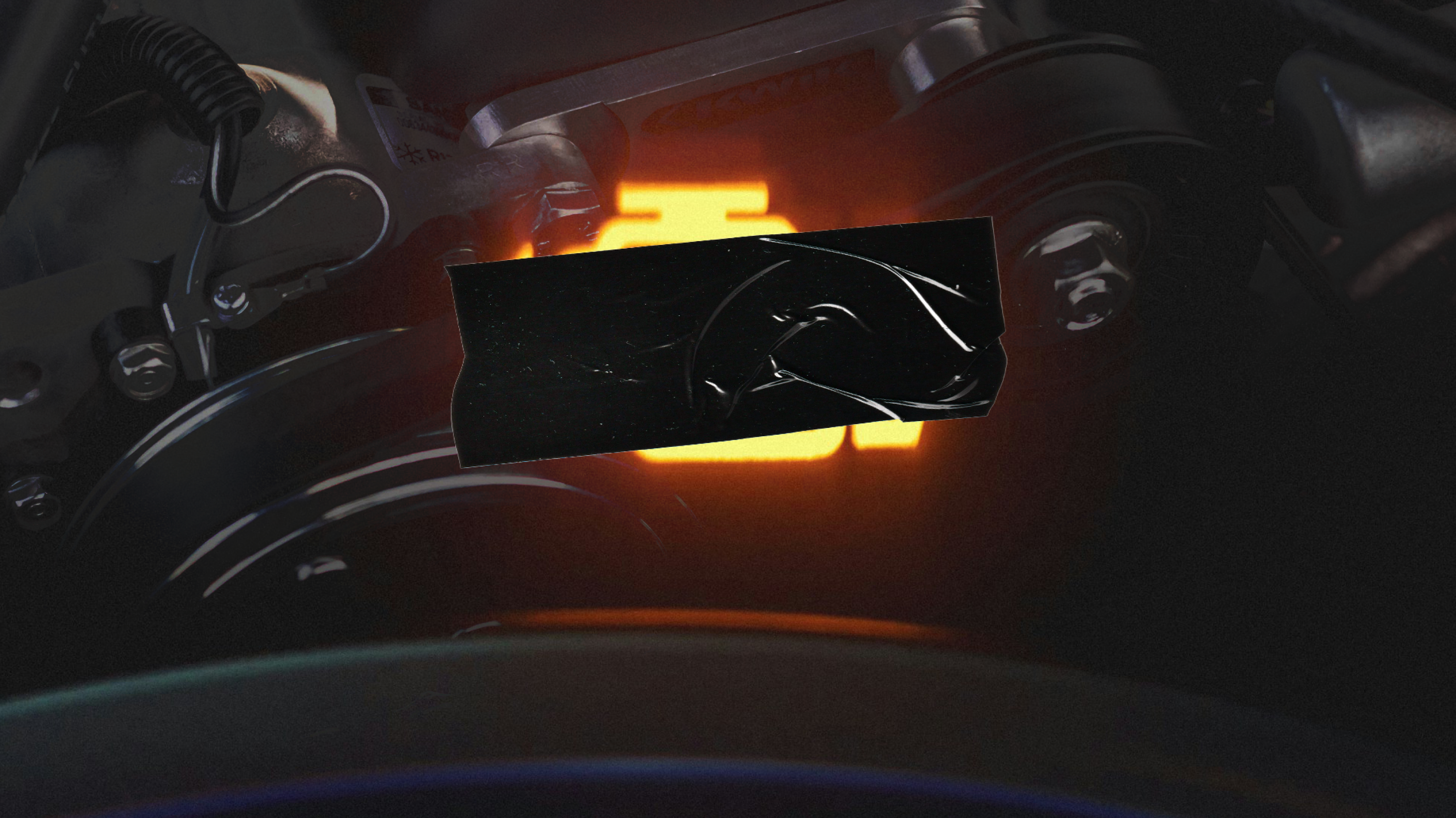Advice

Gallery 2
Diesel cars have received negative press of late because of the Volkswagen “Dieselgate” scandal, however they still provide a great mix of performance and fuel economy, particularly with larger cars and SUVs.
However, diesel cars aren’t great for every situation so here’s a list of pros and cons to see if an ‘oil burner’ is right for you.
DIESEL ENGINES PROS
- Diesel engines, particularly turbo diesels, provide good fuel economy especially with open road driving – if you do a lot of freeway and highway driving, diesel engines are generally around 20 to 35 percent more economical than the equivalent petrol driven car.
- The better fuel economy naturally means longer range.
- Some diesels are even more economical than hybrid equivalents and cheaper.
- Turbo diesel engines usually out-perform similar sized petrol engines in terms of torque and, quite often, power.
- The extra torque that diesel engines generate makes them great for carrying big loads and towing.
- Larger diesel cars often hold their value better than less efficient petrol versions.
- The extra economy you get from the diesel option can reduce purchase costs such as the luxury car tax.
- Diesel engines require less maintenance because they have fewer parts than petrol engines. They don’t need a spark plug ignition system, which should mean lower servicing costs because they don’t require tuning or replacing ignition parts such as sparkplugs.
- Diesel engines can run on alternative fuels such as bio-diesel.
- While diesel generally costs more than petrol, its price isn’t subject to the weekly fluctuations.
- Newer diesel engines don’t have issues associated with older ones such as excessive smoke or longer start-up times in cold weather.

2
DIESEL ENGINE CONS
- You don’t get the fuel efficiency benefits if you mostly do city driving or short trips.
- If you only do short trips under 10kms every day you risk damage caused by a blocked particulate filter which can be very costly. The particulate filter collects exhaust soot and self-cleans by burning the soot into gas once the engine heats up as you drive.
- Diesel fuel isn’t cheaper than petrol like it used to be, which could negate the fuel saving benefit.
- Diesel-powered cars usually cost more than petrol-powered versions.
- Diesel fuel nozzles are often greasy, which is why some car manufacturers provide a box of latex gloves for filling up.
- Diesel cars have longer servicing intervals, but service costs are generally higher.
- If you do neglect servicing and something goes wrong with a diesel engine, such as with the fuel injection system, it will probably cost a lot more to fix than a petrol engine.
- Diesel cars aren’t great high-speed performers compared to petrol driven cars.
- Some cars with less refined diesel engines sound like a truck, particularly when idling.
Audi A3 Sedan
- TDI Ambition: 2.0L 4cyl turbo diesel, 110kW/320Nm, 4.4L/100kms, $45,500
- TFSI Ambition: 1.8L, 4cyl turbo petrol, 132kW/250Nm, 5.6L/100kms, $45,400
- 535d: 3.0L 6 cyl turbo diesel, 230kW/630Nm, 6.1L/100kms, $123,655
- 535i: 3.0L 6 cyl turbo petrol, 225kW/400Nm, 7.6L/100kms, $123,655
- Active Hybrid: 3.0L 6cyl turbo petrol /hybrid, 210kW/450Nm, 6.4L/100km, $121,700
- Active CRDi (manual) 2.2L 4 cyl turbo diesel, 147kW/440Nm, 6.3L/100kms, $41,990
- Active (manual) 2.4L 4 cyl petrol, 138kW/241Nm, 9.4L/100kms, $38,490
- Exceed 4WD DiD: 2.3L 4 cyl turbo diesel, 110kW/360Nm, 6.2L/100kms, $46,490
- Exceed 4WD: 2.4L 4 cyl petrol, 124kW/220Nm, 7.2L/100kms, $43,490
- PHEV 4WD: 2.0L 4 cyl petrol/hybrid, 149kW/196Nm, 1.9L/100kms, $47,490
- GXL: 4.5L V8 turbo diesel, 200kW/650Nm, 9.5L/100kms, $86,716
- GXL: 4.6L V8 petrol, 227kW/430Nm, 13.4L/100kms, $81,716




